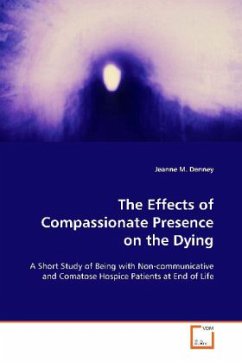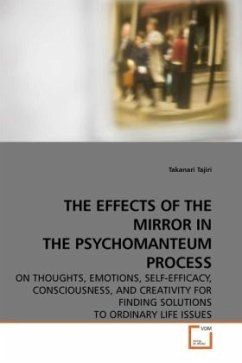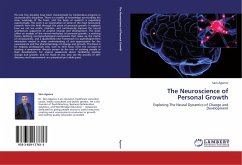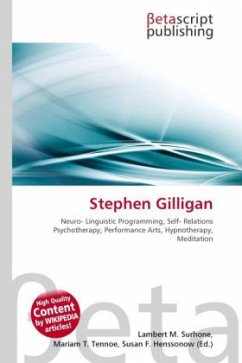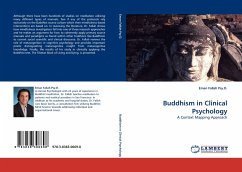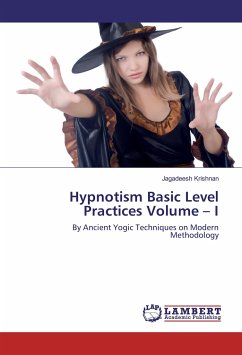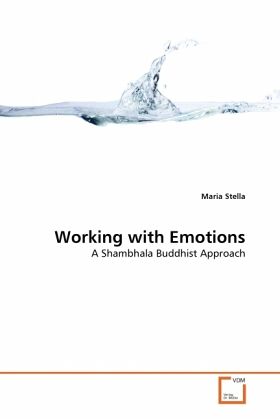
Working with Emotions
A Shambhala Buddhist Approach
Versandkostenfrei!
Versandfertig in 6-10 Tagen
32,99 €
inkl. MwSt.

PAYBACK Punkte
16 °P sammeln!
Buddhist psychology provides a way of understanding how afflictive emotions cause suffering and how mindfulness practices promote well-being through self-awareness. Recent studies in neuroscience show that mindfulness improves the ability to work with emotional dysfunction, improving patterns of thinking and reducing negative states of mind. In this book Dr. Maria Stella investigates the theory, practice, and transformative benefits of a Shambhala Buddhist approach to working with afflictive emotions through the lens of contemplative psychology employing a descriptive phenomenology research me...
Buddhist psychology provides a way of understanding how afflictive emotions cause suffering and how mindfulness practices promote well-being through self-awareness. Recent studies in neuroscience show that mindfulness improves the ability to work with emotional dysfunction, improving patterns of thinking and reducing negative states of mind. In this book Dr. Maria Stella investigates the theory, practice, and transformative benefits of a Shambhala Buddhist approach to working with afflictive emotions through the lens of contemplative psychology employing a descriptive phenomenology research method. Meditators narrate their experiences with intense emotions during meditation practice and in everyday life. They describe resistance, struggle, feelings of separation, a sense duality between self and other, and experiences of opening and relaxation. Further sharing their insights gained in understanding the nature of emotions, and how emotional transformation impacts their well-being.This book contributes to the understanding of emotions and the process by which they operate, providing everyone, and in particular therapists and teachers a reason to consider exploring this approach




